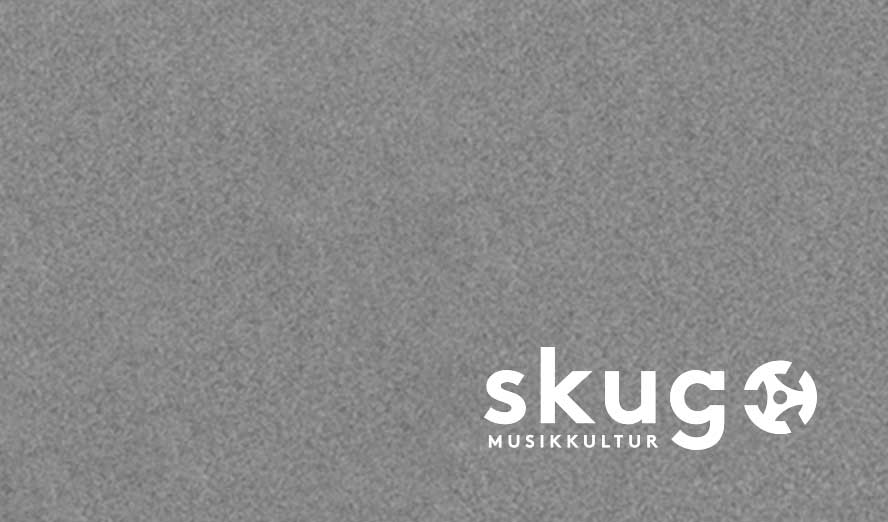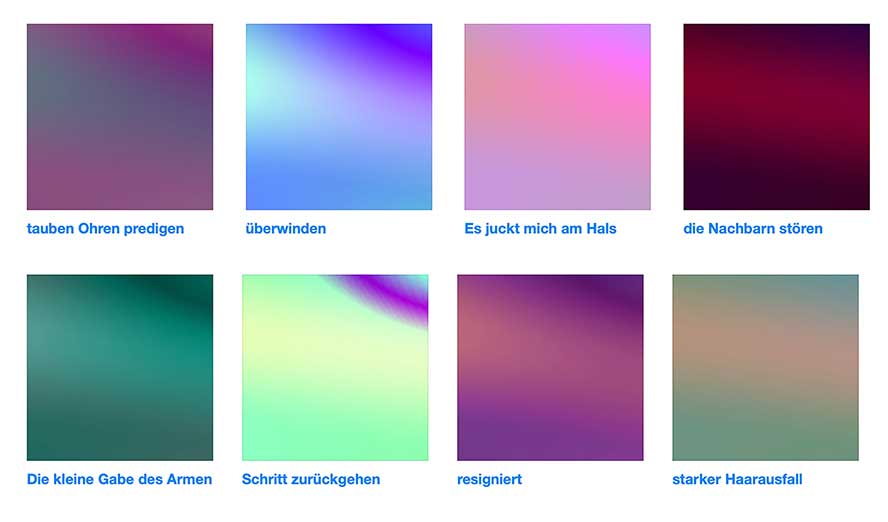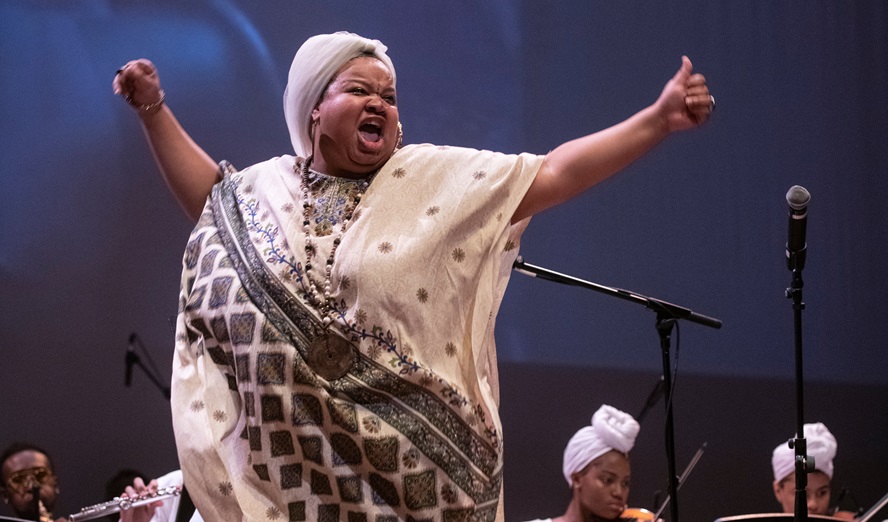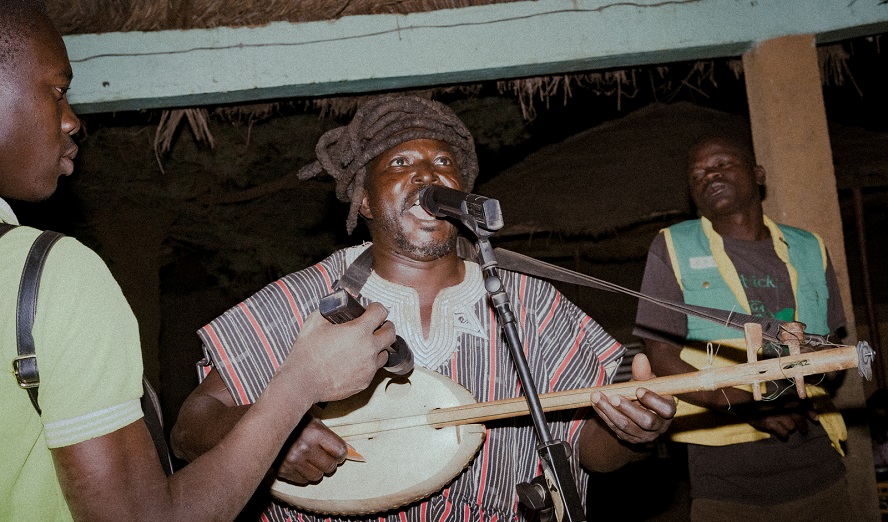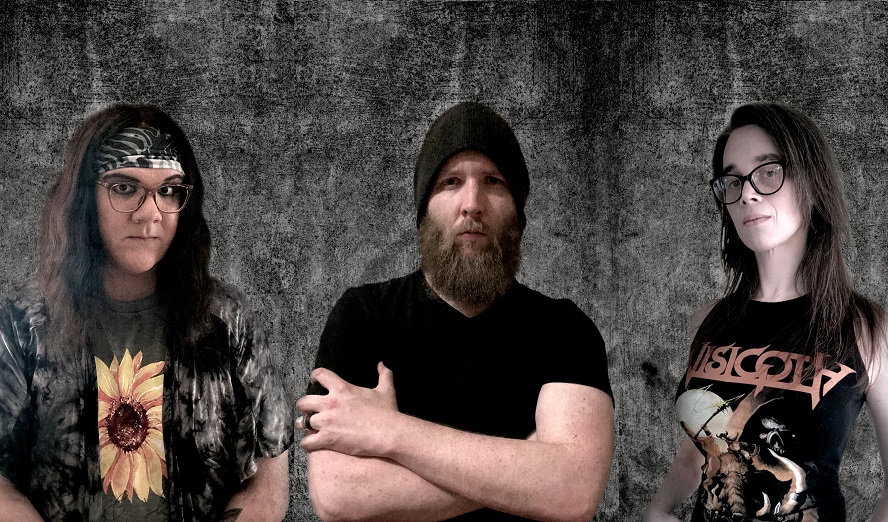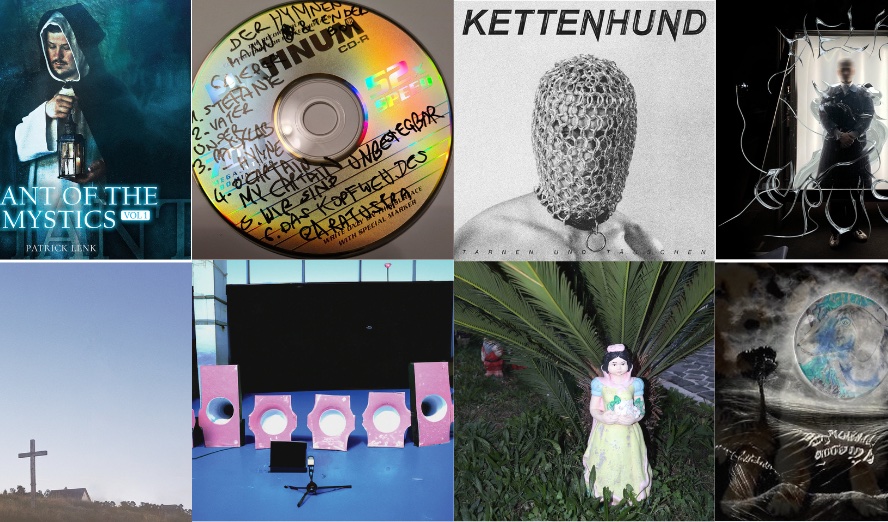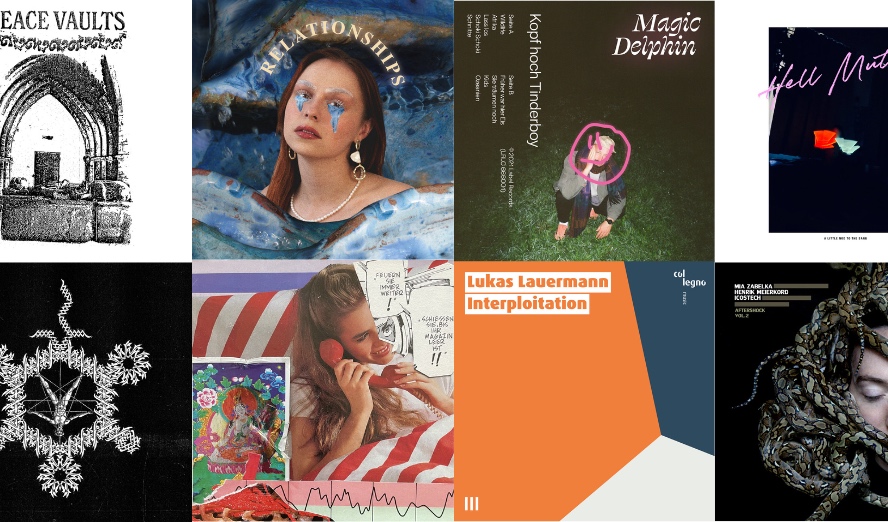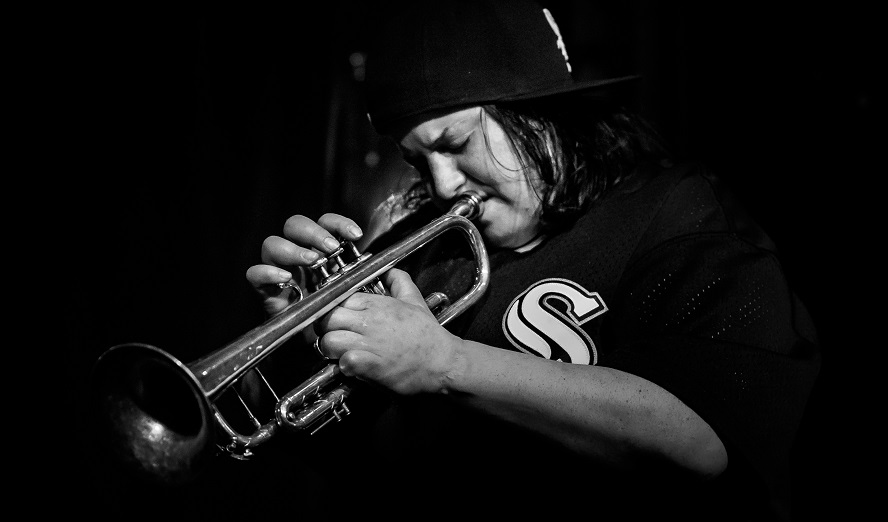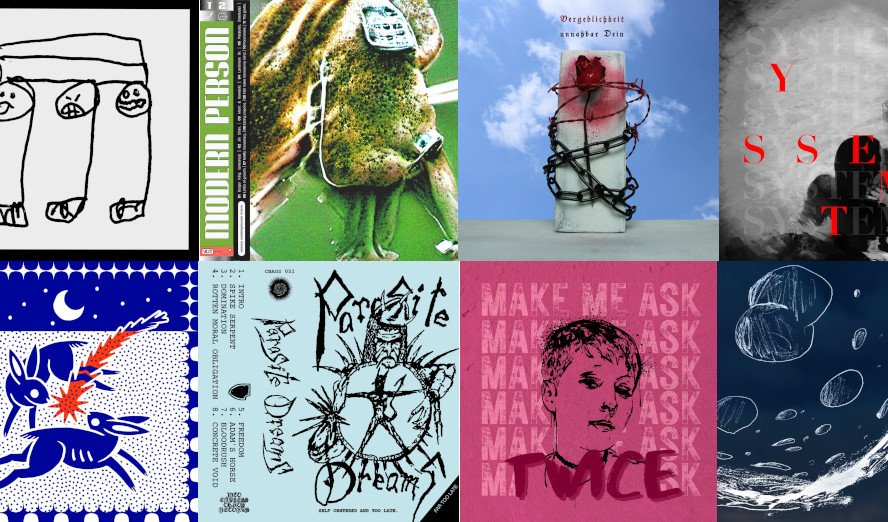In no way representative, these two albums stand for East/West exchange based on moving out to the West. Mercen Dede, born in Istanbul – lives in Canada. Kamilya Jubran moved out from Palestine to Switzerland. Whatever the reasons – they are both outside of the music orthodoxy of their homelands and are both (at least on these albums) tuned to electronica.
Dede’s »Breath« is the third step in the concept of four albums. After Fire and Water (»Nar« and »Su«) we arrive at an air-pulsation. But I am not really sure if they are coming from a ney-player’s (or anybody else’s) lungs as the cover would suggest. It might as well be a pulsed air coming from a semi-oriental hotel lounge.
»Sophisticated dance sounds, ancient Sufi melodies and other traditional Turkish elements« – »The Times« revealed. Assuming that whenever the word »tradition« appears it has most probably nothing to do with any tradition – you can also imagine how much of an ancient Sufi you can get out of it. If you take away the adjectives – it is all really there: dance sounds, Sufi melodies and Turkish elements. But underneath whatever is going on here you get this easy-listening soft-drum’n’bass-like clichés so you get no more tradition than the one described in the rhythmic patterns provided. Dede’s ney sounds obviously fine, the album is quite well produced but let’s be clear about one thing: there is no sophistication or ancient tradition of whatever kind except maybe the one associated with the tradition of exotic travels and people sitting on a ground floor of the Orient Hotel enjoying the oriental taste of the waiters.
Compared with Dede’s »overproduced« pulsations, you can get the feeling »Wameed« misses at least few tracks with guitar or reeds recorded. It is only oud, voice and electronics are made really rough. So in terms of instrumentation we can imagine we are not far from the Arabic oud/voice/percussions constellations. But the voices here are really separate.
Lament-pieces written by Jubran (to the given lyrics) remain in the mood of Palestinian songs. At least if you follow her voice. If you stick to oud you will see it has a lot of bluesy habits involved. Hasler on the other hand is like a typical European electronica guy. Basic rhythmic structures, obvious noises is what you can associate with a nice Zero seven background. But what each one of them is doing leaves enough space for the other one and so it goes. Sometimes it is more into laments; sometimes more into Barbara Morgenstern going east. What is interesting though, is that they do not try to prove that everything fits everything else perfectly. They do not always build a very consistent entity. What rather comes out of it is an impression that they are convinced enough of what they are doing separately not to be afraid to take a risk together. Whether you like it or not is a completely different question. Which is easy to answer by taking a look on the ingredients of the music. They stay what they are.
